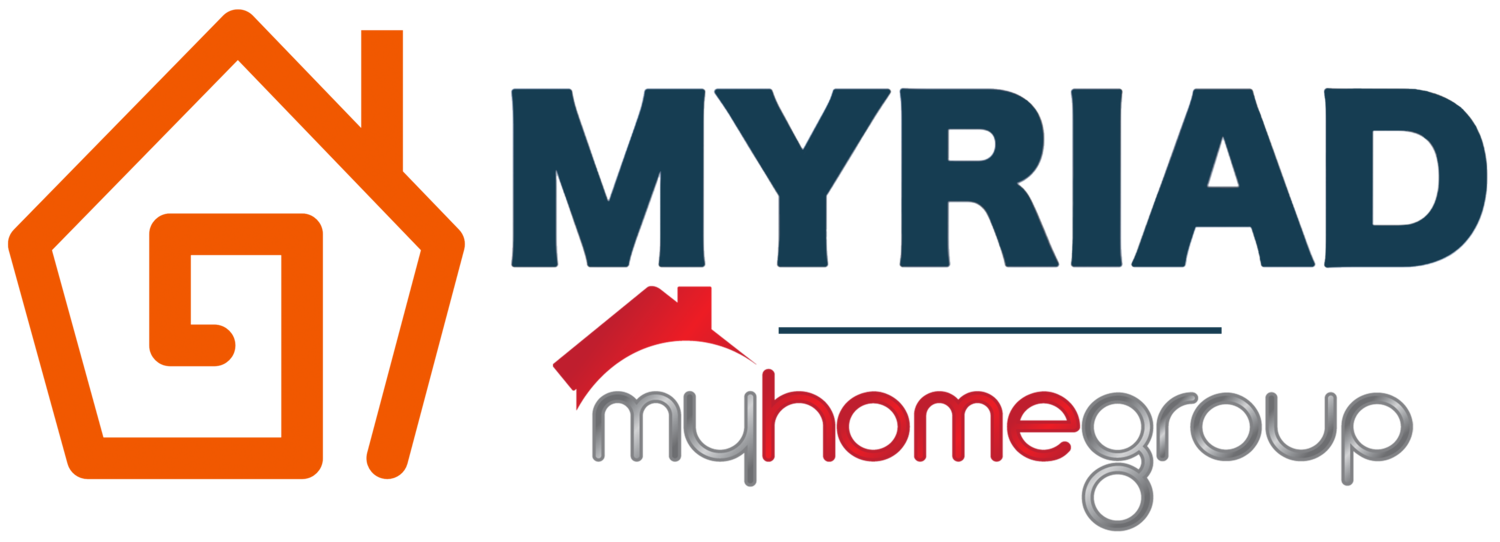5 Home Inspection Items Most Buyers Overlook
For many, finding the right home can be a months or even years-long process. After all, home ownership is a big undertaking. You have to find the right area, the right house, ensure the timing works for you and your family, and be sure your new investment is just right for your situation.
As a standard part of purchasing the perfect property, an inspection is typically something that happens before money exchanges hands and the contracts are inked, making the inspection an incredibly important piece of the whole puzzle. What if there’s major damage in the home that’s not easily detectable? What if you purchase the home and there are big problems that were never disclosed? These questions make it even more important for a buyer, and their inspector, to take their time to get the most accurate pulse on the current state of a house.
Although inspections can be very thorough, there are a number of things that can be overlooked during the process and, potentially, could result in problems later. So, what are a few of these items you need to be on the lookout for?
Ventilation Issues
Whether it’s stale air or patches of low circulation, it’s not uncommon for inspectors to miss certain ventilation issues. Although your inspector may already be on top of things, it doesn’t hurt to specifically request a check on air flow in each room, as well as a closer peek at whether every window is properly sealed and operable.
Electrical Issues
With electricity piping throughout a myriad of different places within a home, it’s extremely important to ensure that any issues are caught as soon as possible. One of the most overlooked items in this area can be electrical outlets. With that in mind, be sure to test out all electrical outlets in a home during your inspection to ensure they’re live (you or your inspector can easily find a tester at your local hardware store). Likewise, have your inspector look around for any exposed or faulty wiring, and potential electrical issues that may be tucked away in attics, basements, etc.
Pest Problems
Moving into a new home has a laundry list of to-dos, and few potential things could be more annoying than getting settled and discovering pests. Whether it’s mice, ants or scorpions, finding out you’re sharing your place with these unwelcome critters can be blood boiling. Since your home inspector is not an exterminator, specifically looking out for signs of pests most likely won’t be their area of expertise. However, to mitigate this risk as much as possible, you can ask your inspector to look out for things like chewed wires or droppings in areas where it may not be as obvious. Likewise, look into hiring an exterminator that can come on their own to look for specific signs of pests that could be potentially overlooked.
Roof Leaks
Most home inspectors will make it a point to inspect a home’s roof for any issues that the buyer may experience after purchasing. However, between certain structural limitations and factors that may be outside of an inspector’s control (like weather), roof leaks (or more serious problems) can be missed. This makes it imperative to maintain open communication with your inspector, allowing you to gauge exactly how good of a look they got of the roof, and what they were able to discern. When in doubt, keep in mind that you always have the option of hiring an additional inspector to take a look at the roof specifically.
Sinks & Faucets
Although home inspectors will typically run the faucets in your (almost) new home, if they’re in a hurry (or if there are faucets in an inconspicuous place), issues can be overlooked. Be sure your inspector is on the lookout for water pressure problems, and even small leaks, which can cause bigger headaches down the road. Ensure that your home inspector is also looking for leaks in your drains when they’re intentionally plugged, something that can take an extra few minutes, but worth investigating before you’ve signed on the dotted line.
Purchasing a new home is a large investment, and any buyer wants to make sure they’re getting the highest quality that they can for their dollar. Home inspections are your line of defense for uncovering anything that may compromise that goal, and can often help to drive conversations about price, and what needs to be done before you make the purchase official. Although home inspectors are often very thorough, look out for some of the items listed above to ensure that, when the time comes for you to move, you can focus on settling in and not adding yet another thing to your to-do list.




